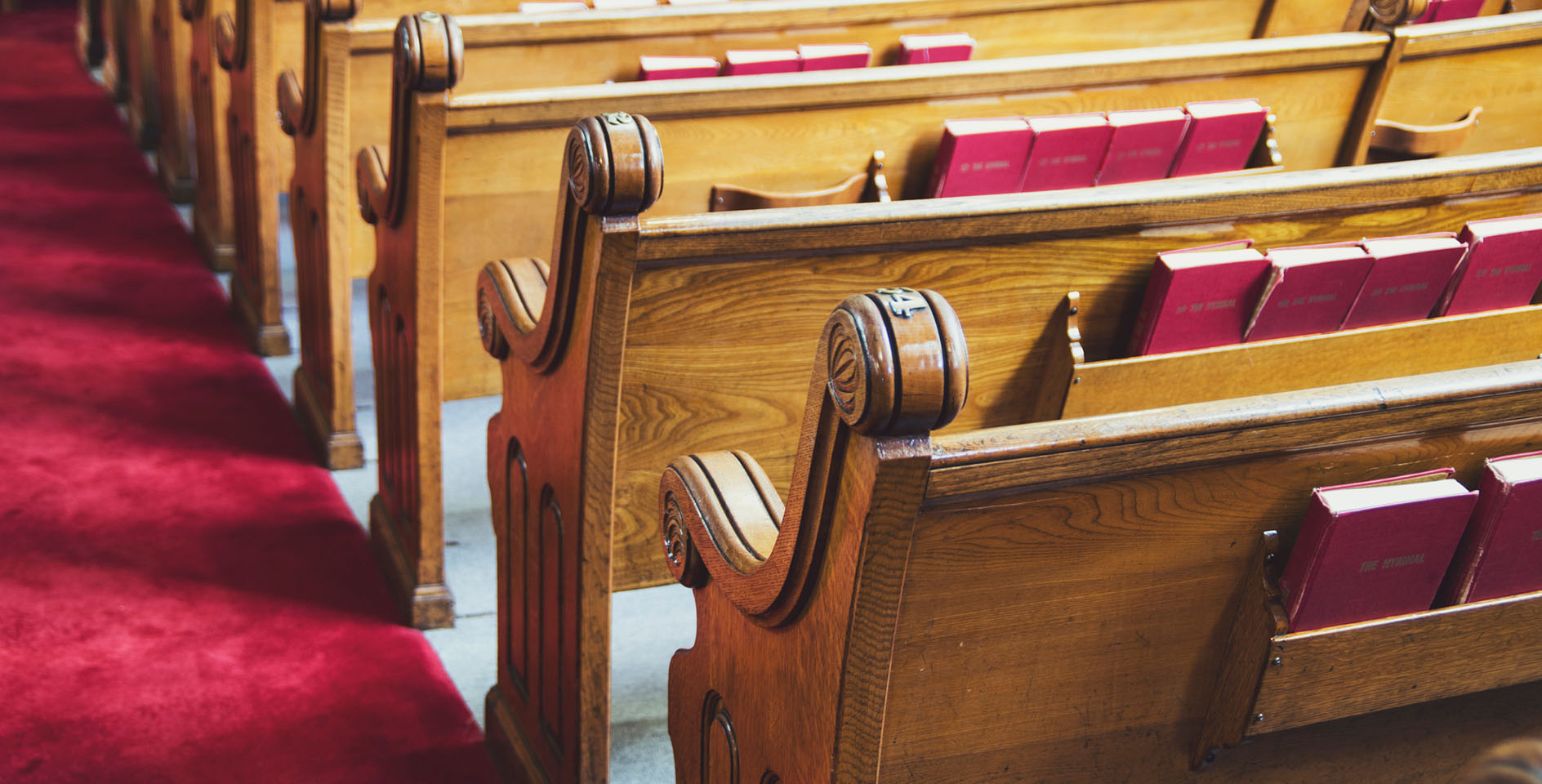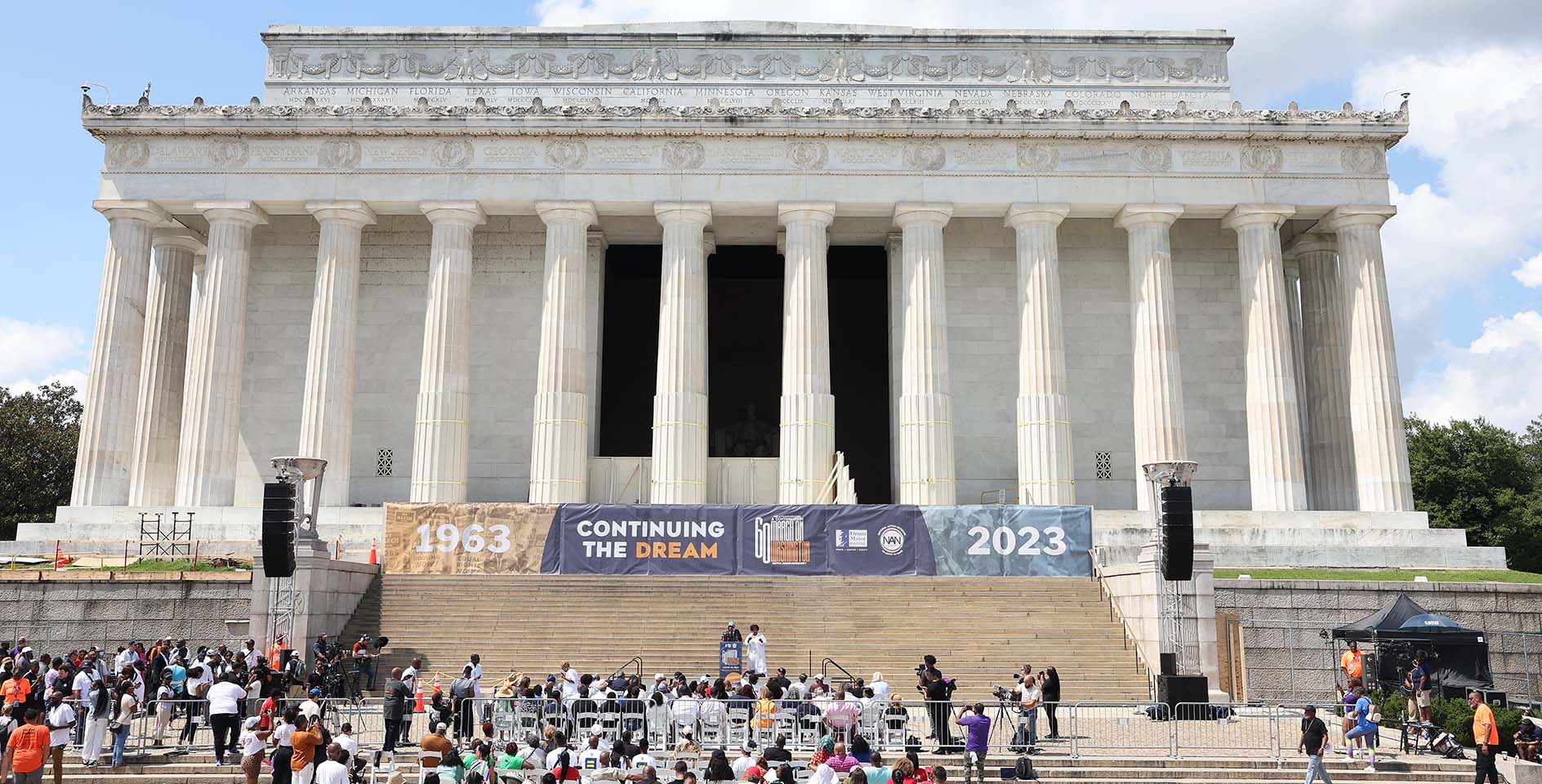A high school football team recently made news for hosting a “mass baptism,” in which several players and at least one coach made professions of Christian faith and were baptized on school grounds. This incident has stirred some controversy since it appears to have been part of the football team’s scheduled practice day, raising questions about whether the ritual constituted a “state-sponsored” religious ceremony. On the other hand, many Christians have found the incident encouraging; video of the ceremony was captured and posted by a local church, with the caption, “Take a look and see how God is still in our schools!”
As a Christian, it’s difficult to watch people make professions and faiths and be baptized with anything other than a worshipful gratitude. There should be no higher joy for followers of Jesus than to watch others testify of Christ’s presence in their lives. And as many Christian teens can attest, school is often not a place where open expressions of Christian faith are seen or even welcome. The sight of high school boys and staff being baptized as they proclaim to know Christ is a most welcome sight.
However, I do think there is a case to be made that these “mass baptisms” are unwise, whether they are carried out for a football team or a group touring the Jordan river. For the record, I don’t have any reason to believe that the school administration or the football coach intended to pressure or single out non-Christians. While there may be some prudential (and possibly legal) arguments against enjoining a baptism ceremony with a public school itinerary, my concern does not lie with where these kinds of baptisms happen. It lies with how they happen.
The main problem with these kinds of “mass baptisms” is actually quite simple: They take what is, biblically, an ordinance of the local church and try to turn it into something else.
Believer’s baptism is one of the most important things that a local church does. It is one of only two ordinances explicitly prescribed in the New Testament for local congregations to carry out (the other being Communion, or the Lord’s Supper). Biblically, the purpose of believer’s baptism is to proclaim, in the context of a covenant community, that a person has truly repented of sin and believed in Jesus Christ for salvation.
It’s crucial to note that in the New Testament, baptism is not the solitary, individualistic decision, but a covenant ceremony meant to occur in the context of a group of believers who are spiritually bound to one another. Thus, baptism is much more than a rite of passage that someone agrees to undergo when they are ready; it is a communal act that invites the rest of the covenant community to witness and affirm the reality of this person’s submission to the lordship of Christ. When a person is baptized upon a profession of Christian faith, they are submerged in water that symbolizes their death and burial in Christ, and then raised out of the water to signify that the resurrection of Christ is their own resurrection. And the most important thing that the local church does in baptism is affirm, by covenant witness, that they believe this baptism is true; that is, they endorse (within the limits of human knowledge, of course) the fact that the person baptized really has experienced death and resurrection in Jesus.
The problem with “mass baptisms” like the one performed by this high school football team is that they cannot, by definition, do what baptism is intended to do. A football team is not a covenant community like a local church. Even a football team consisting exclusively of genuine Christians is not bound together by the same spiritual bonds that define members in a local church. This is exactly why, in his wisdom, Jesus appointed that baptism be an ordinance of the local church and not merely an ordinance of Christian culture. Baptism is more than a individualistic proclamation of Christian faith; it is a public vow—not unlike a wedding vow—intended to be shared by a community of believers who belong to one another in Christian covenant.
Does this mean that Christian players on a sports team or Christian members of a book club cannot have meaningful spiritual relationships? Of course not. We are called not only to love the local body but also the body of Christ all over the world. If a group of Christian football players want to have a Bible study, that is wonderful and completely in line with Christ’s teaching about the church. If a group of Christian friends in a dorm hall want to sing hymns together on a Saturday evening, I believe Jesus is honored by that. But the ordinances of the local church were given to the local church for a reason. And many times, attempts to replicate the covenant functions of the local church are part of a larger effort to replace the local church in the lives of Christians. We must fight this tendency with all diligence.
The local church is a precious gift from the Lord Jesus to all of us. Baptism is one of the most beautiful things that can happen in a local congregation. By keeping the two together, Christians can display for the unbelieving world a dazzling glance at what the Kingdom of the risen Jesus Christ looks like. Instead of trying to replicate the local church in our casual relationships, we should spur each other on to more faithful membership and service in our respective churches. We should indeed be glad to see God at work in our schools, but even more importantly, we must see God at work in our churches.










